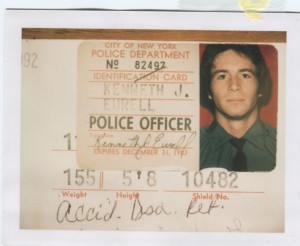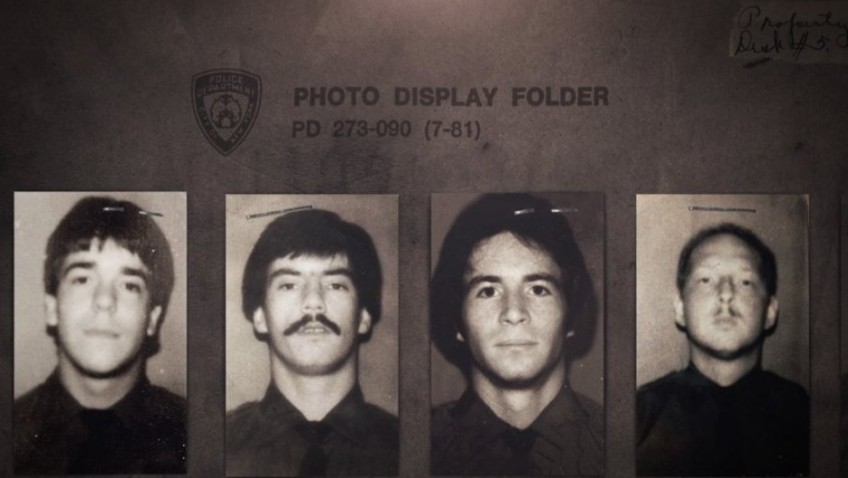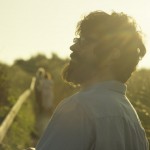Joyce Glasser reviews Precinct 75 (The Seven Five) (August 14, 2015)
Should a documentary about police corruption really be this entertaining? Tiller Russell’s Precinct Seven Five focuses on NYPD career cop Michael Dowd whose testimony takes us on a jaw-dropping journey through police corruption in the 1980s that becomes increasingly surreal and outrageous.
Russell cuts between poor quality archival footage of a contrite, 32-year-old Dowd’s testimony to the Mollen Commission on Police Corruption in 1993 and the clear, colour footage of the 50-something Dowd, enthusiastically bragging to the camera about his exploits as though nostalgic for the good old days.
The narrative is supported with a variety of other auditory and visual devices including clips from police reports, wire-taps, stills, archival footage and powerful, sometimes hilarious talking heads.
In the 1980s Brooklyn’s District 75 had the highest crime rate in the country. The precinct was plagued with drug wars and high murder rates, including police killings, Presumably 20-year-old rookie Michael Dowd and, from 1987, his partner and best friend Kenny Eurell, joined the force to make a difference. They ended up making a difference, but only the city’s criminals benefited.
 It all began with human nature. From pinching drug money found in a raid to avoid the paperwork, Dowd grows dependent on making two month’s wages in a hour and starts selling found drugs on Long Island.
It all began with human nature. From pinching drug money found in a raid to avoid the paperwork, Dowd grows dependent on making two month’s wages in a hour and starts selling found drugs on Long Island.
Human nature is such that Dowd is continually seeking new opportunities to supplement his pay cheque, and he finds one in Baron Perez (a disguised witness) who fronts his drug operation from an automotive stereo business.
Perez introduces Dowd to the film’s most entertaining witness, Dominican drug lord Adam Diaz. Diaz recognises a kindred spirit in Dowd and engages him to warn Diaz about police raids and to eliminate any competition.
We see Dowd and Eurell become rich beyond their dreams providing protection for Diaz – a character no writer could invent. Diaz’s matter of fact amorality is as astonishing as his forthright unapologetic attitude. Eurell’s wife sits in front of the camera dripping in jewellery, while Dowd tells us he bought a summer house on Myrtle Beach with the proceeds of crime. Against Eurell’s advice, we see Dowd drive an expensive sports car to work. Does Dowd want to be caught?
The pressure of living two opposed lives takes its toll as Dowd turns to drink and drugs. Getting out of this duplicitous life of crime may be more difficult than getting in, but one sure way to get out is to get arrested carrying cocaine in your police uniform. While awaiting trial, Dowd persuades Eurell to join him in a hopeless plot to kidnap a drug dealer’s widow to raise cash to flee to Nicaragua with their families…..
Director Russell and subject Dowd make it clear how this prolonged corruption could have happened. It’s called the ‘Brotherhood’. Police are in a special league putting their lives on the line on a daily basis and dependent on their colleagues to stay alive. Their allegiance to one another is so strong that, in the extreme, the public service part of the job is left out of the equation.
A good cop is one who turns a blind eye to the transgressions of a brother. But eventually, even a great cop like Dowd runs out of brotherly love.
You can see a trailer of the film here:




